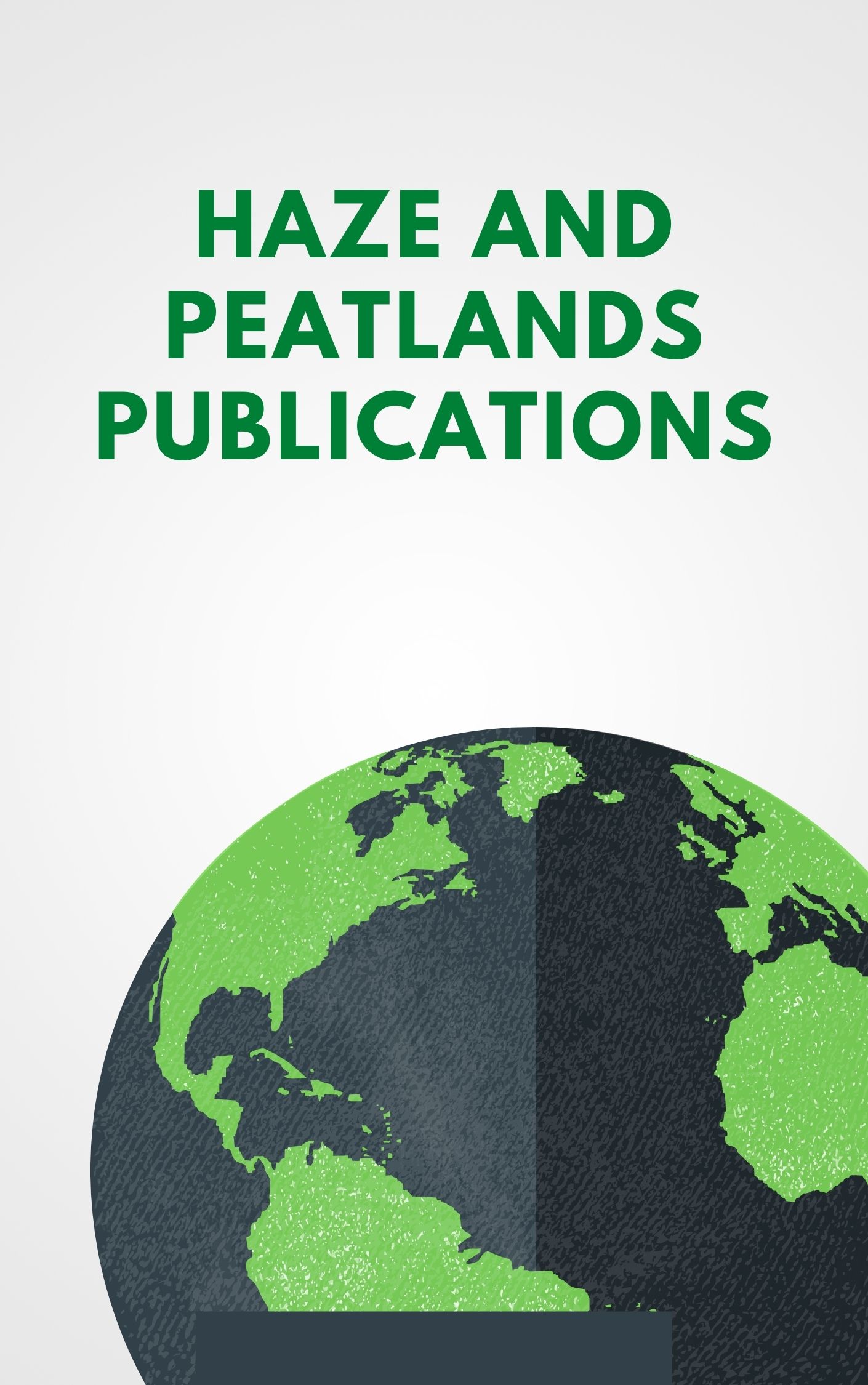Palm oil production is one of the major industries in the south of Thailand. A study of the quantity and potential usage of palm oil mill wastes was carried out. Sixteen palm oil mills in the region generate 386,930 tons/yr 165,830 tons/yr and 110,550 tons/yr of empty fruit bunches, palm press fiber and palm kernel shell, respectively. In addition, 1,202,260 tons/yr of waste water is being treated anaerobically. Only the pericarp fiber is used for boiler feed. Empty fruit bunches and the shell are disposed of by the land filling method, which is very costly. In some factories the empty fruit bunches are burnt in the furnaces, which causes air pollution. The study suggests potential usages of the solid and liquid wastes.
View source

